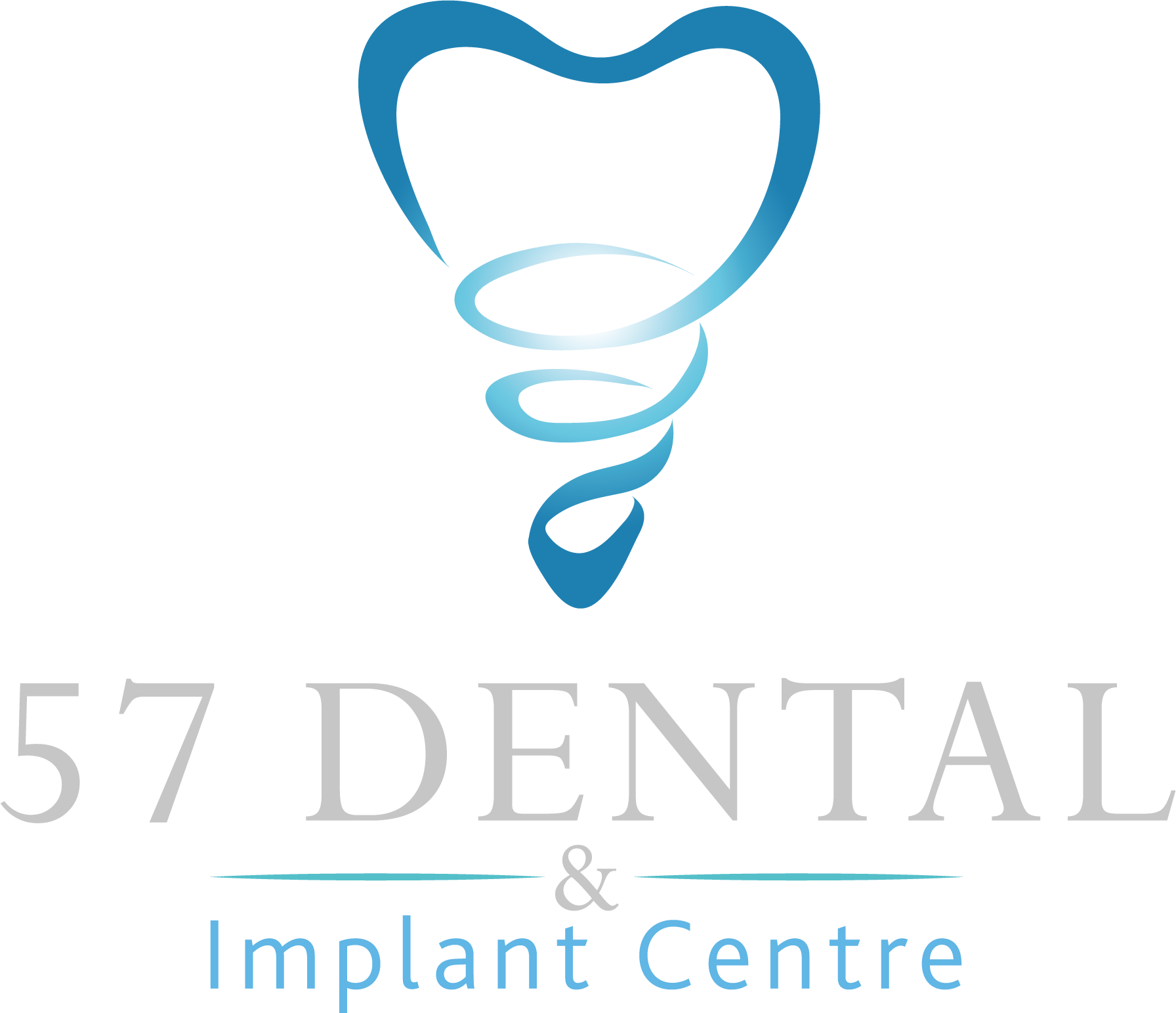Dental implant surgery is a significant decision for individuals seeking a permanent solution to missing teeth. While it offers numerous benefits, patients must clearly understand the procedure, expectations, and aftercare. In this comprehensive guide, we’ll explore seven crucial facts about Dental implants to help you make an informed choice for oral health.
1. Dental Implants Are a Permanent Solution
One of the most important facts is that dental implants offer a permanent solution for missing teeth. Unlike dentures, which may need adjustments over time, dental implants are designed to last a lifetime with proper care. They are surgically placed in the jawbone, providing a stable foundation for replacement teeth.
2. Consultation and Evaluation Are Essential
Before undergoing dental implant surgery, a thorough consultation and evaluation are necessary. Your dentist will assess your oral health, bone density, and overall suitability for the procedure. This evaluation ensures that you are a suitable candidate for dental implants and helps plan the surgery effectively.
3. Dental Implant Surgery Is a Multi-Step Process
Dental implants typically involve several steps, including:
- Extraction (if needed): If the damaged tooth is still present, it may need to be extracted.
- Bone Graft (if necessary): In cases of insufficient bone density, a bone graft may be required to strengthen the jawbone.
- Implant Placement: The dental implant (usually a titanium screw) is surgically embedded into the jawbone during surgery.
- Healing Period: A healing period, known as osseointegration, allows the implant to fuse with the bone.
- Abutment Placement: After healing, an abutment is attached to the implant, which serves as a connector for the final restoration.
- Final Restoration: Finally, a custom-made crown, bridge, or denture is placed onto the abutment, completing the process.
4. Recovery Time Varies
The duration of recovery after dental implant surgery varies from person to person. The implant can take several months to integrate with the bone fully. During this time, following your dentist’s instructions for post-operative care is essential to ensure a successful outcome.
5. Dental Implants Look and Feel Natural
One of the key advantages of dental implants is their natural appearance and feel. They mimic the look and function of natural teeth, allowing you to smile, speak, and eat confidently. Their stability also eliminates the discomfort and inconvenience often associated with removable dentures.
6. Maintenance Is Similar to Natural Teeth
Maintaining dental implants is relatively straightforward. Regular brushing, flossing, and routine dental check-ups are essential to keep your implants and surrounding gum tissue healthy. Unlike dentures, implants do not require special adhesives or removal for cleaning.
7. Success Rates Are High
Dental implant surgery has a high success rate, typically exceeding 95%. However, success depends on overall health, oral hygiene, and adherence to post-operative instructions. Regular follow-up appointments with your dentist are crucial to monitor the health of your implants.
In conclusion, dental implant surgery is a long-term investment in oral health and quality of life. Understanding these crucial facts will help you make an informed decision and ensure a successful outcome. If you have questions or are considering dental implants in Bradford or nearby, schedule a consultation with our Dental Practice in Cleckheaton, just 6 miles from Bradford.
At 57 Dental & Implants Centre, we are committed to delivering exceptional care in dental implant surgery. Contact us today to schedule a consultation and take the first step toward restoring your smile.
Frequently Asked Questions
Q: Are dental implants suitable for everyone?
A: Dental implants suit most individuals with missing teeth and good overall health. However, factors such as inadequate jawbone density or underlying medical conditions may affect the candidacy for dental implant surgery. It’s best to consult a qualified dentist to determine if dental implants are right for you.
Q: Is dental implant surgery painful?
A: Dental implant surgery is usually performed under local anaesthesia so you won’t feel any pain during the procedure. Some mild discomfort or soreness may be experienced after the surgery, but this can be managed with over-the-counter pain medications. Your dentist will provide post-operative instructions to help minimise any discomfort and promote healing.
Q: How long does the entire dental implant process take?
A: The duration of the dental implant process can vary depending on individual cases. It generally involves multiple stages, including the initial consultation, implant placement, healing period, and placement of the final restoration. In total, the process can take several months to complete. Your dentist will provide a personalised treatment timeline based on your specific needs.
Q: Can dental implants replace multiple missing teeth?
A: Yes, dental implants can be used to replace multiple missing teeth. Depending on the number and location of the missing teeth, your dentist may recommend different options, such as implant-supported bridges or implant-supported dentures. These solutions provide stable and natural-looking replacements for multiple missing teeth, restoring your smile and oral function.
Q: How do I care for dental implants?
A: Caring for dental implants is similar to caring for natural teeth. Regular brushing, flossing, and routine dental check-ups are essential to maintain the health of your implants and surrounding tissues. Your dentist may recommend specific dental products or techniques for cleaning around the implants. It’s necessary to follow these instructions and maintain good oral hygiene practices to ensure the longevity of your dental implants.
Q: Can I eat normally with dental implants?
A: One of the significant advantages of dental implants is that they restore the ability to eat and chew comfortably. Dental implants provide a stable foundation for replacement teeth, allowing you to enjoy a varied diet without restrictions. You can bite into and chew foods with confidence, just like you would with natural teeth.
